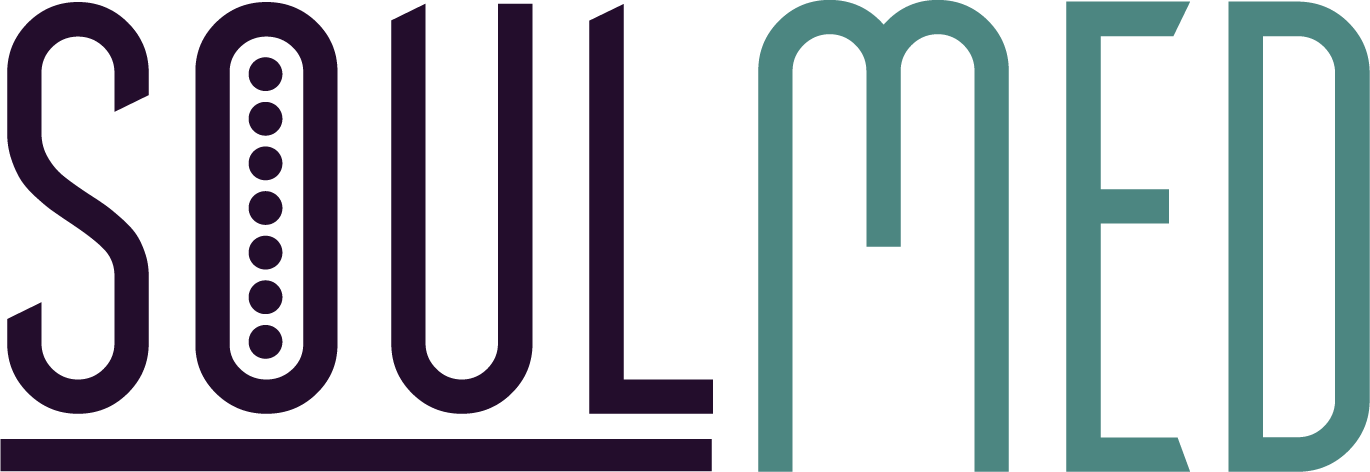The GET CURIOUS framework aims to help Black women delve into the art of self-awareness. Through guided introspection, this model aids in excavating hidden emotions, identifying root causes of pain, and fostering holistic healing.
Framework Components
1. Release the Need to Be Right
Exercise: Conduct a self-assessment to identify situations where the need to be correct has hindered your growth.
Question: When faced with situations where you have to make hard decisions, ask yourself: “What is more important to me—being right or healing?”
2. Acknowledge and Name Your Emotions
Exercise: Use a feeling wheel to identify and label your feelings. See below for a link.
Question: “What is the core emotion I am feeling right now?”
3. Experience and Explore Your Emotions
Exercise: Utilize mindfulness to analyze and sit with your emotions.
Question: “Where is this emotion stemming from, and what does it signify for me?”
4. Take Your Time and Write That Shit Out
Question: “What narratives are surfacing in my journaling that need further exploration?”
5. Ask 'What' Questions
Exercise: Engage in self-inquiry using “what” as the lead word.
Question: “What factors contributed to this emotion? What can I learn from this?”
6. BEA Gracious
Exercise: Reflect on instances where you fell short, forgiving yourself and identifying ways to improve.
Question: “What can I learn from my failures to make more informed choices in the future?”
7. Practice Kaizen
Exercise: Identify one small change you can implement for self-improvement.
Question: “What is the one percent improvement I can make [in this moment, in the future]?”
8. Feel it in Your Soul, Sis
Exercise: Use guided visualization or deep reflection to ensure soul-level resolution.
Question: “Is my soul at peace with my conclusions?”
9. Ask for a Second [Third + Fourth] Opinion
Exercise: Seek input from trusted mental health accountability partners.
Question: “What alternate perspectives or insights am I missing?”
10. BEA Vulnerable
Exercise: Share your reflections and growth areas with someone you trust.
Question: “What part of my story am I hesitant to share but know is crucial for my healing?”
Additional Resources
Feelings Wheel: To help you identify and understand your emotions.
SoulMed Journal Challenges: Tailored prompts for deep introspection.
The GET CURIOUS framework is a guide and a committed lifestyle to discovering your authentic self. Following these steps diligently will bring about self-awareness, holistic healing, and a life filled with ease and serenity.
Note: This framework is informational and should not replace professional medical advice. Always consult a healthcare provider for medical advice and treatment.
---
Copyright © 2023. GET CURIOUS: What Does It Mean to Get Curious. All rights reserved.





